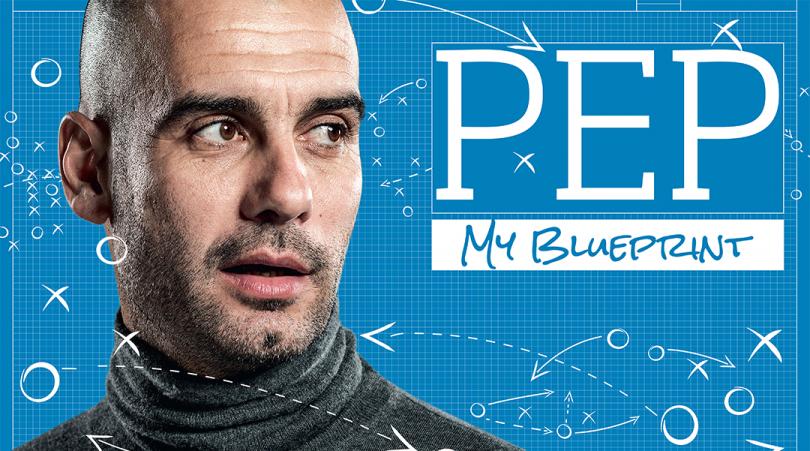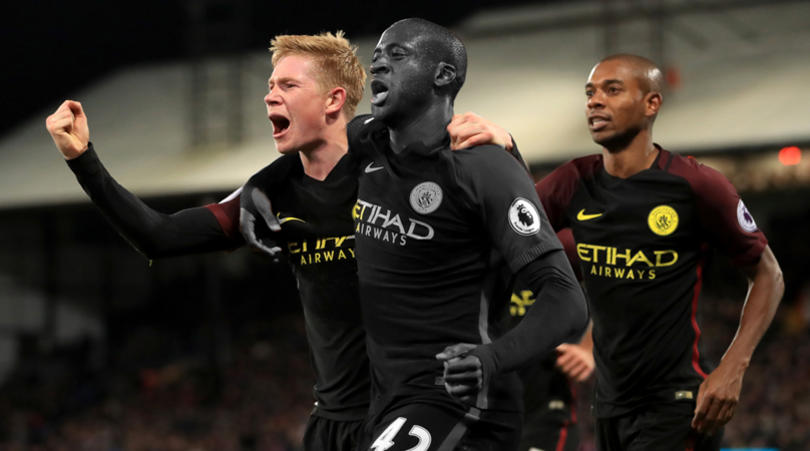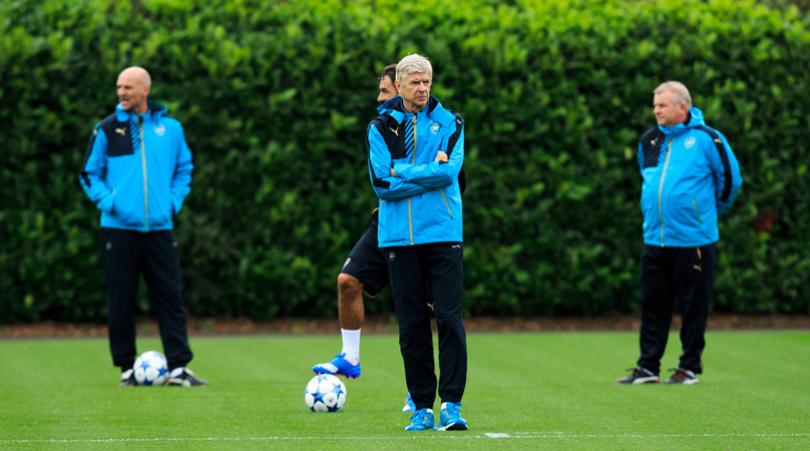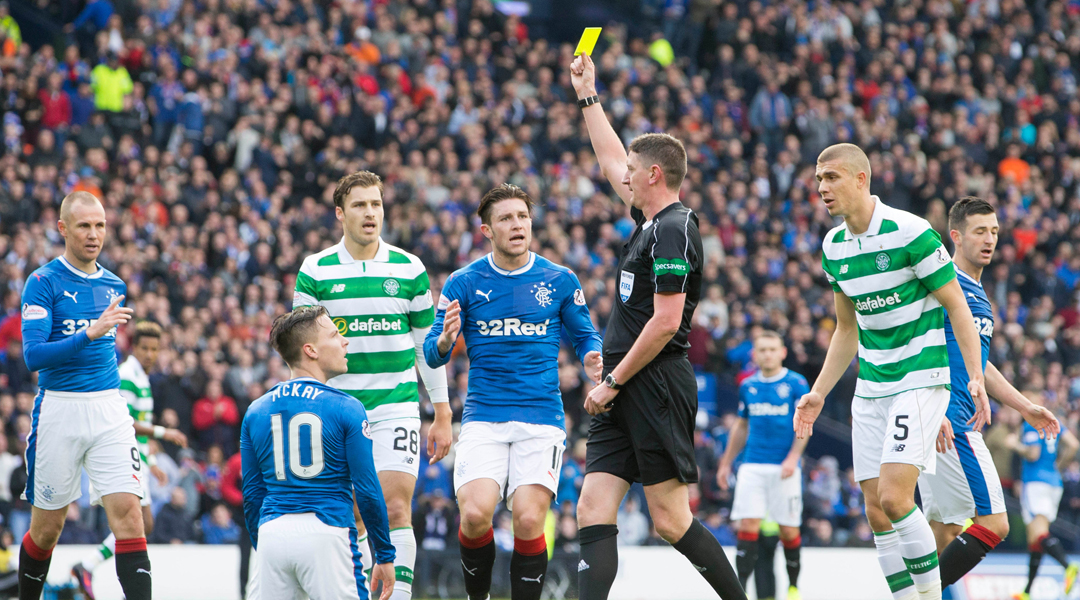Why Manchester City’s summer dealings have (probably) cost them the title
How soon is now? Not soon enough, writes Stephen Tudor, who says City’s neglect of the short-term is likely to leave them empty-handed this campaign
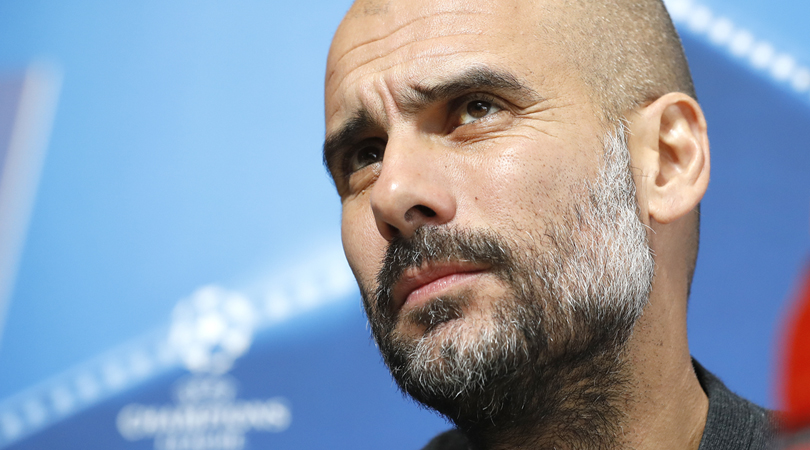
Last week Jamie Redknapp became the latest in a long line of admirers to be blown away by the scope and quality of Manchester City’s academy. Upon watching his son play for Chelsea’s U8s against the junior Blues, he later enthused that “City’s message is clear: we want the best at every age group”.
All the evidence suggests that they’re well on their way to succeeding in this aim. Except with the first team, that is, where compromises have strangely been made.
Last season, the vast investment into the club’s youth development paid off handsomely with trophies won at a canter by four different age groups. There was also a comprehensive 9-0 thumping of their rivals Manchester United by the U14s, a headline-grabbing result that was impressively repeated last month.
In fact, so great is the gulf between City and their peers at youth level that some – United included – have threatened to boycott future fixtures, citing a recruitment drive they consider to be overly aggressive.
City’s response so far amounts to an unapologetic shrug. They want the very best in every position throughout their academy as they build an infrastructure that aspires to dominate top-level football for years to come. Their vision is ambitious, far-reaching – even audacious – and demands excellence from the top down.
New beginnings
Which naturally brings us to Pep Guardiola.
Get FourFourTwo Newsletter
The best features, fun and footballing quizzes, straight to your inbox every week.
It wasn’t only Guardiola’s impeccable record as a coach that made his procurement non-negotiable. Here was a man who epitomised what City were aspiring to become, a figurehead for the whole grand project who was expected to establish an identity into the first team that had previously been lacking under Manuel Pellegrini. City, understandably, want one that can be mirrored throughout the entire set-up and flourish long after his eventual departure.
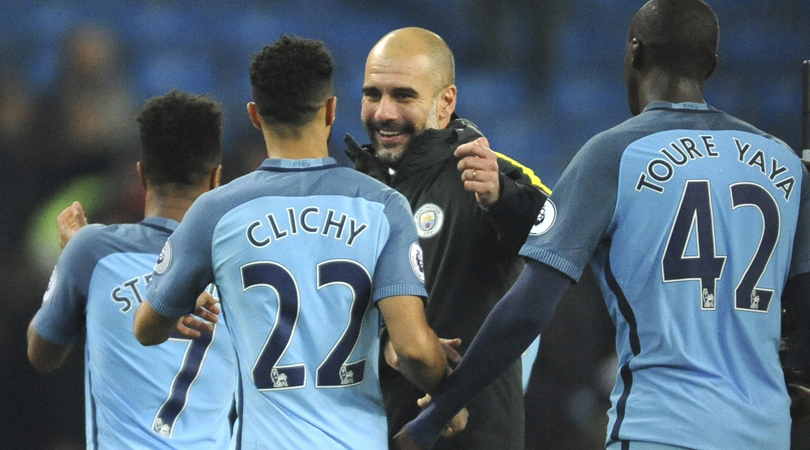
Such a mandate wouldn’t come cheap of course, but with the loosening of FFP restrictions and Pep’s pulling power, City fans sat back and eagerly awaited a lavish summer overhaul of an ageing squad whose powers were unquestionably waning. In truth, it was an overhaul that was a season overdue.
Ilkay Gundogan was the first signing of the Pep era, a technically superb midfield metronome whose injury record suggested he was a gamble regardless of his talent. Even so, his arrival was commonly thought to spell the end of Yaya Toure’s reign; a legend admittedly, but one who'd been phoning in his commitments for quite some time.
One month later Nolito’s signature was officially secured, the Spain international passing Wilfried Bony on his way out and immediately upgrading City’s attacking options. Meanwhile, the signing of young Ukrainian Oleksandr Zinchenko genuinely intrigued. The blond No.10, just turned 20, had impressed in patches during the Euros, and the conclusion was he would learn and grow as back-up to De Bruyne.
Pattern of patience
So far, so encouraging.
In the space of a single week in early August, the confirmation of three new recruits sent anticipation soaring. They also laid the first seeds of confusion and concern among the supporters.
Leroy Sane was a superstar in the making, a prodigiously uninhibited 20-year-old who would surely thrive under Pep’s tutelage. Gabriel Jesus required some Googling for the uninitiated, yet with every site throwing up serious comparisons to Neymar they were extremely glad they did so. Marlos Moreno was yet another forward, and another unknown quantity who rewarded research with heartbeat-quickening ingenuity on YouTube.
This trio revealed that a pattern was emerging with City’s summer transfer plan, one from which two things could flippantly be gauged: ‘Project Pep’ was prioritising the future over the present and, for some bizarre reason, it only concerned the attacking quarters.
The season was now mere days away, and City’s most glaring weaknesses from the previous term – namely an over-reliance on Fernandinho for midfield energy, and four ageing full-backs who had all either regressed or run their last foot-race – had yet to be addressed. Guardiola was undoubtedly a genius but not even he could stall time, nor transform Aleksandar Kolarov or Fernando into players capable of consistently besting Premier League opposition. Did he really believe he could?
Save for later
The loaning out of Zinchenko and Moreno brought a fresh concern. Were City now stockpiling promise and ‘buying-to-let’ with the same zeal of Chelsea? Certainly it felt like the ruthless attainment of potential that drove the academy was now being employed at the highest level too, and to butcher Redknapp’s quote it seemed City wanted the best at every age group unless they were over 21, of proven quality, and who could immediately improve a side that immediately needed it.
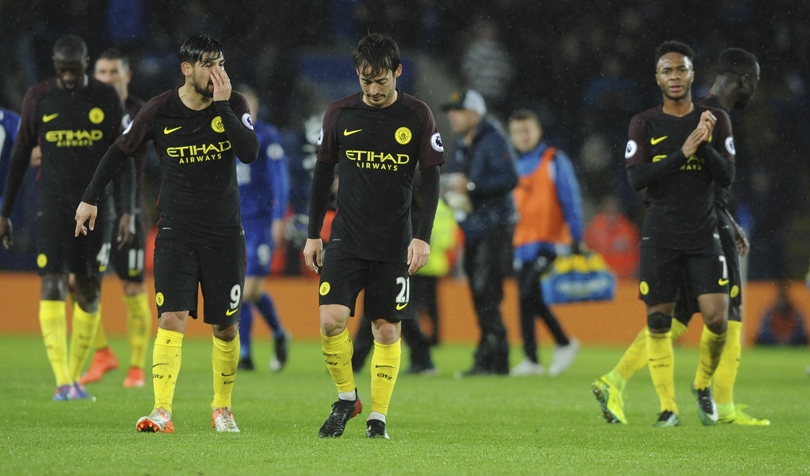
Meanwhile, Yaya Toure’s proposed move to Inter fell through and the only considerations towards the defence were summer-long links to Leonardo Bonucci and John Stones, plus Pep dropping the divisive – if popular – Joe Hart.
Granted, Stones did eventually arrive for a record fee along with Claudio Bravo, but despite the immense promise of one and the impressive achievements of the other, the jury remains firmly out on both. City’s defence looks even more creaky and leaky as it was in 2015/16 – and it all feels so inevitable.
City’s extreme makeover under Pep concentrated almost entirely on making the eyes sparkle, but neglected to fix the hair or apply any lipstick. It’s left an ugly-looking squad in both numbers and quality.
In years to come City fans may yet look back on this summer’s window as a triumph; one that brought in the title-winning talents of Sane, Jesus and Zinchenko in their nascency. For the present, though it’s one that is looking costly in every conceivable way.
